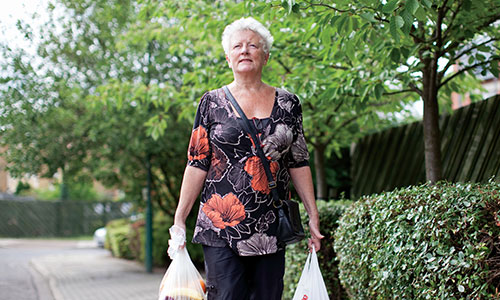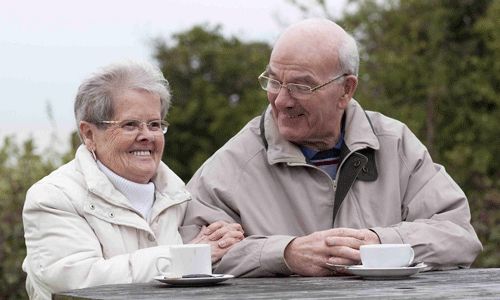With the number of cases of the Omicron variant of coronavirus doubling every two to three days, the prime minister has urged people to get their COVID booster jabs as soon as possible. Your vaccine status is recorded on your free NHS COVID Pass, which is now a requirement at many venues and when travelling abroad. Here’s how to use it and the things to watch out for.
What is an NHS COVID Pass?
An NHS COVID Pass shows your coronavirus (COVID-19) vaccination details or test results. An NHS COVID Pass allows you to show others the details of your COVID-19 status, such as when visiting venues and events that require it.
In England, an NHS COVID Pass is now mandatory for entry into places where large crowds gather – including unseated indoor events with 500 or more attendees, unseated outdoor events with 4,000 or more attendees, and any event with 10,000 or more attendees.
An NHS COVID Pass can also be used when travelling abroad, and an increasing number of countries and territories are accepting it as proof of your COVID-19 status.
How do I get an NHS COVID Pass?
The easiest way to get your NHS COVID pass is online. You have different options:
- You can access your pass by visiting the NHS COVID pass website. You can print this off and use it when travelling or accessing venues.
- You can also download your pass straight to your smartphone via the NHS app. This allows you to keep your pass on your smartphone, which can make it more convenient when using it for travel or to access venues.
I can't get online, how can I get my COVID pass?
If you, or someone you’re caring for, is unable to get online or print off your NHS COVID Pass, you can ask for an NHS COVID Pass letter to be sent to you in the post. If you cannot access online services, call 119 to request the letter.
You can also request the following versions using the NHS COVID Pass letter service:
- an audio version
- a braille version
- a large type version
- information about what your letter is for in another language
Things to watch out for
Unfortunately, criminals have been using the NHS COVID Pass as an opportunity to take advantage of people. These scams involve sending text messages, emails, and making phone calls pretending to be from the NHS, convincing people to hand over money, financial details, and personal information.
It is very important to be aware of what to look out for and to avoid scams. To help with this, always remember:
- The NHS COVID Pass is free
- The NHS will never ask for payment or any financial details
- The NHS will never issue fines or penalties relating to your NHS COVID Pass.
Here are some ways to spot COVID Pass scams and advice on how to protect yourself from them:
- Do not respond to requests for money or important personal information such as bank details or passwords.
- Be alert to links and attachments in unexpected text messages or emails.
- Look out for bad spelling or grammar, and imagery or design that feels ‘off’.
- Challenge - If a message or call makes you suspicious, it’s okay to reject, refuse or ignore it.
- Use official government websites such as GOV.UK and NHS.UK
Age UK has further guidance on how to spot scam emails, texts, websites and calls.
How do I report a scam?
- If you receive a call and suspect it to be a scam, hang up the phone.
- If you are suspicious about an email you’ve received, forward it to report@phishing.gov.uk.
- If you are suspicious about a text message you’ve received, forward it to the number 7726, which is free-of-charge.
- If you believe you are the victim of a fraud, please report this to Action Fraud online as soon as possible, or by calling 0300 123 2040.
If you have any information relating to NHS COVID Pass or vaccine certificate fraud you can stay 100% anonymous by contacting Crimestoppers online at covidfraudhotline.org or phone on 0800 587 5030.
Further guidance
Additional resources for raising awareness about COVID Pass fraud and how to get your free NHS COVID Pass.





